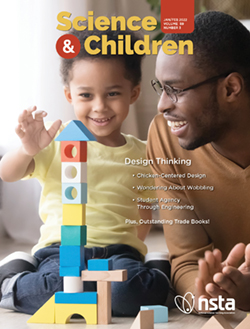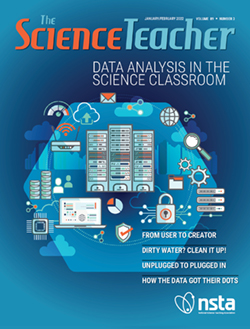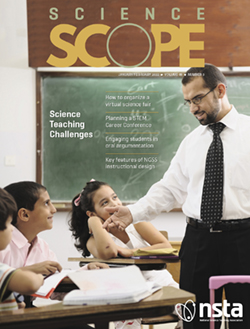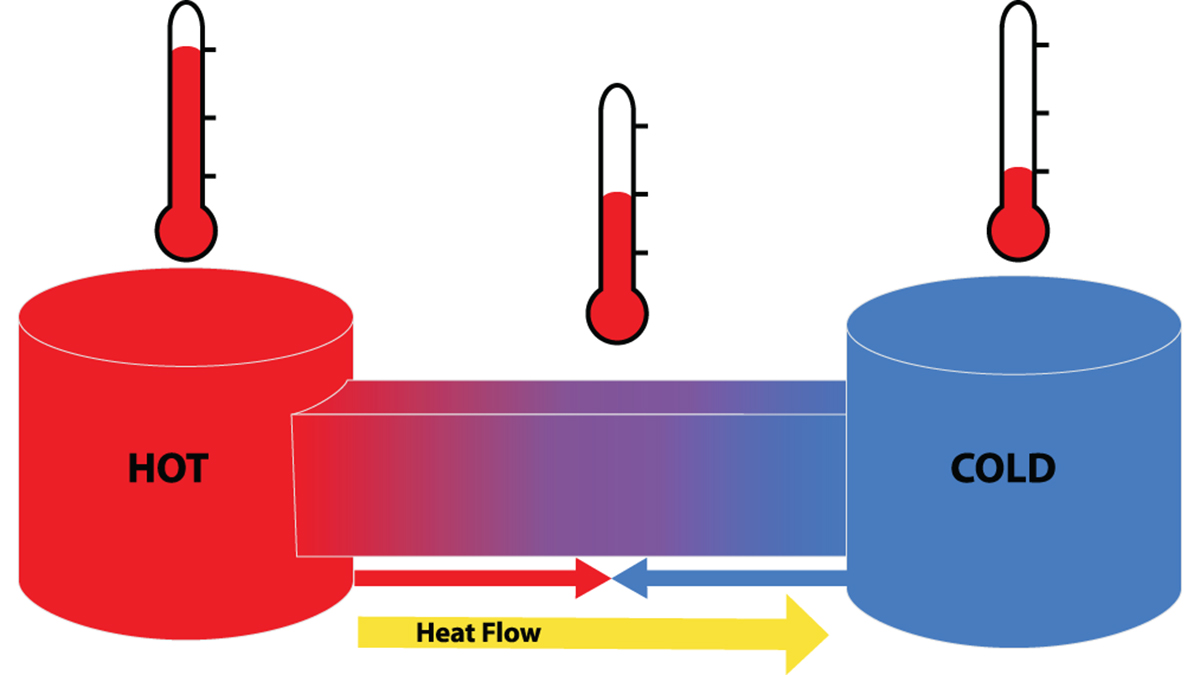Picture-Perfect STEM Train-the-Trainer
Would you like to learn to present the Picture-Perfect STEM Workshop to teachers in your school or district? If that's the case, please register to attend this two-hour Picture-Perfect STEM Train-the-Trainer virtual session.
*The Virtual Picture-Perfect STEM Workshop with the Authors is a prerequisite for this Train-the-Trainer opportunity.
Would you like to learn to present the Picture-Perfect STEM Workshop to teachers in your school or district? If that's the case, please register to attend this two-hour Picture-Perfect STEM Train-the-Trainer virtual session.
*The Virtual Picture-Perfect STEM Workshop with the Authors is a prerequisite for this Train-the-Trainer opportunity.
Would you like to learn to present the Picture-Perfect STEM Workshop to teachers in your school or district? If that's the case, please register to attend this two-hour Picture-Perfect STEM Train-the-Trainer virtual session.
*The Virtual Picture-Perfect STEM Workshop with the Authors is a prerequisite for this Train-the-Trainer opportunity.
Would you like to learn to present the Picture-Perfect STEM Workshop to teachers in your school or district? If that's the case, please register to attend this two-hour Picture-Perfect STEM Train-the-Trainer virtual session.
*The Virtual Picture-Perfect STEM Workshop with the Authors is a prerequisite for this Train-the-Trainer opportunity.
Would you like to learn to present the Picture-Perfect STEM Workshop to teachers in your school or district? If that's the case, please register to attend this two-hour Picture-Perfect STEM Train-the-Trainer virtual session.
*The Virtual Picture-Perfect STEM Workshop with the Authors is a prerequisite for this Train-the-Trainer opportunity.








